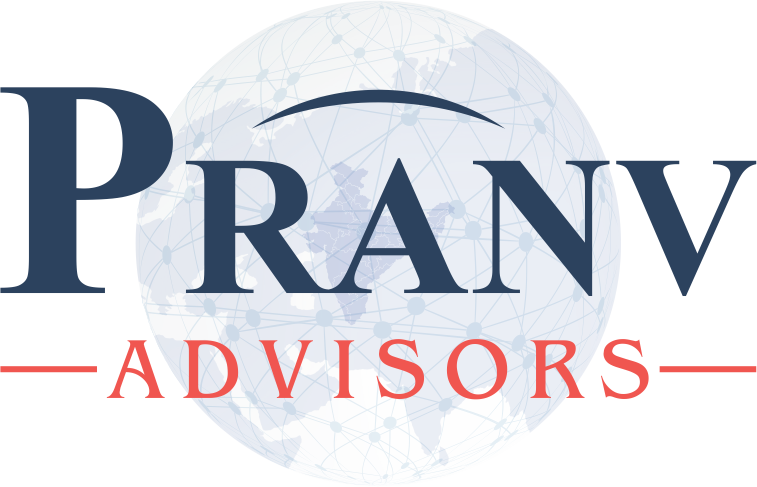DIRECT TAX
Direct Tax
The government imposes the direct tax on the income and wealth of the persons. The prominent examples of direct taxes are Income tax, Wealth tax, property tax etc.
A person paying the direct taxes bears the same and does not pass it on to another person. Direct taxes are mainly based on the ability to pay principle, i.e., higher-income persons should bear a more significant tax burden.
In India, when we talk about Direct tax, mainly it is the income tax that comes into anyone’s mind. For Income tax, all persons levying taxes are divided into seven parts based on their constitution. It includes i. Individual, ii. HUF, iii. Firm iv. The company, v. Local authority, vi. Artificial juridical person, vii Association of person or body of individuals.
For ease of rule, all incomes are divided into five parts, i. Income from Salary, ii. Income from House property, iii. Income from business and profession, iv. Income from Capital gain and v. Income from other sources.
In addition, certain incomes are exempt from tax and notified from time to time. Further, the law provides deduction in respect of some incomes and also on expenditure/savings done by a person.
Broadly we can divide the Income-tax into three categories, Personal tax, Business tax and Corporation tax. These categories are not as per law but bifurcated based on the applicable tax rates and complexity of tax law applicable. Though these are overlapping, corporation taxes are referred to as the taxes applicable to the corporate entities. For ease of understanding, Personal tax refers to the tax applicable for individuals who don’t have business income. Business tax is the tax applicable on individuals / HUFs carried on the business or profession.
When we talk about personal tax – This includes the Individuals / HUFs earning income from Salary, House Property, Capital gain, other sources except for business income. Taxes under the head of business and profession are more complex than any other head.
Business Tax includes the Income from Business or professional also. One must prepare books of accounts as required by the law and get them audited (if applicable) from a Chartered Accountant before filing tax returns.
Personal and business tax being related to individuals, proprietorship firms, the business carried out by HUFs and HUF, carried tax slabs different from others.
Corporation tax – Corporation tax is mainly levied on the companies.
Tax rates differed based on the type of person, their date of incorporation, the scale of the business, holding of the assets etc.
Direct tax is a direct burden on the person who pays it. It is necessary to understand all provisions and do better tax planning in advance, availing of the exemptions and deductions as per law provisions.
Personal Tax - Salaried Employee
Income tax rules are simple and straight for a salaried employee, and mainly employer is responsible for the tax to be deducted from his income. However, the employer deducts the tax on salary income earned by an employee and the income disclosed by the employee. Individual employee has to file the income tax return on an annual basis. Normally, employers don’t give benefits of certain deductions available to the employee, and also, employees don’t disclose their full income to employers.
We at PRANV assist the employees in doing better tax planning and filing their returns to comply fully.

Salaried Employee
Income From Salary, one house & Other sources

Salaried Employee with Capital Gain
Income from Salary, House property, and Capital Gain
Business Tax
Business tax is not a specific term in law. For ease of understanding, we define the tax on business or professional income of any individual, HUF or partnership firm carrying on business or profession. Several clauses exempt a person to maintain books of accounts. At the same time, some provisions are required to get the accounts audited.
We assist the Individuals in better tax planning and filing their returns to have full compliance.

Individual
Income From any head with or without Tax audit

Limited Liability Partnership / Partnership
Income from Business with or without Tax Audit
Corporate Tax
Taxation on companies and rules there are different from other entities. The tax rates differ based on the activity carried by a company, date of incorporation, turnover of the company etc.
There are several options available with corporate persons to choose the tax rate with or without deductions.
We at PRANV assist the companies to do better tax planning and save tax outgo.


